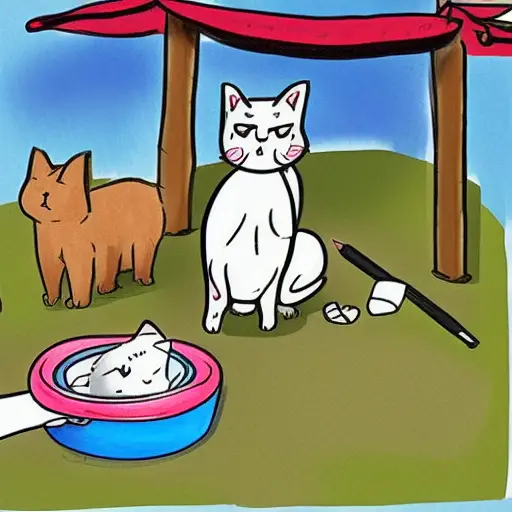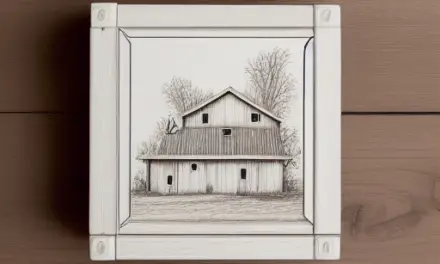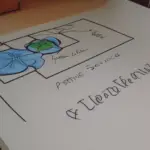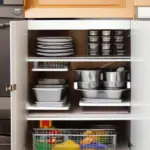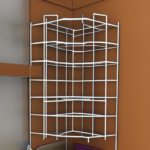If you have a cat that is constantly having poop issues, it’s important to get them checked out right away. Common issues include Constipation, Blood in poop, and lack of beneficial flora. These can be caused by a variety of different factors, but there are ways to solve these issues.
Constipation
Cat owners who are experiencing regular constipation in their feline companions should consult a veterinarian for the most effective treatment. While most cases of constipation can be treated at home, more serious conditions may require veterinary care. It’s important to treat constipation quickly to avoid permanent damage to the colon. In some cases, the problem can be treated with surgery or medications.
Constipation is often caused by a variety of different health problems, including an abnormal accumulation of fecal matter in the colon. This results in very hard or even non-existent stools. If left untreated, chronic cat constipation can develop into a serious condition called megacolon. Constipation in cats is a serious problem, so it’s imperative to identify and treat the cause of the problem.
Cat constipation can also be caused by dietary issues, stress, or lack of exercise. While most cases of constipation in cats are treatable, more serious cases may require surgical treatment to repair damaged colon nerves. Fortunately, most cases of constipation in cats can be treated at home with minor dietary changes and additional water.
If you suspect that your cat is constipated, you should see your veterinarian as soon as possible. They can help you determine the underlying problem and prescribe the appropriate treatment. For instance, if your cat has constipation, he or she may attempt to defecate outside without you even noticing.
Diet change
While many factors can contribute to the consistency of your cat’s stool, changes in diet should be avoided unless they are a medical emergency. The first step in addressing your cat’s poop issues is consulting your veterinarian. If your cat seems to be defecating more frequently or has a red color, this may indicate a medical problem. Your cat may be suffering from a bacterial or parasitic infection, or it could just be an allergic reaction to a new food. If you notice red, bloody or watery poop, you should contact your veterinarian immediately.
A change in your cat’s diet can also trigger diarrhea. Cats who are sensitive to a new food will experience diarrhea when they are suddenly introduced to it. This happens when the cat is unable to digest the ingredients in the food. In this case, you’ll need to find the offending ingredient and gradually transition your cat to a new food source.
You can also try adding more fiber to your cat’s food. Adding fiber to their diet can help them digest their food more quickly and more thoroughly. Increasing their fiber content can also help them relieve constipation.
GI disease
A cat with chronic constipation may be suffering from feline inflammatory bowel disease, a condition that results in chronic inflammation of the gastrointestinal tract. As a result, the walls of the intestine become thickened, impairing digestion and absorption. This disease can affect cats of any age, but is most common in middle-aged cats.
Common signs of feline IBD include weight loss, lethargy, and decreased appetite. However, the signs will vary, depending on the specific part of the GI tract that is affected. For example, if the disorder has affected the colon, your cat may have diarrhea and blood in its stool. A cat with chronic diarrhea and soft stools may also have decreased appetite and be suffering from dehydration.
Intestinal parasites are another cause of GI issues in cats. Roundworms are transmitted to kittens through their mother’s milk, while coccidia are transmitted by fleas and prey animals. Cats may also have other intestinal parasites, including tapeworms and giardiasis. Fortunately, these diseases are often treatable with the proper deworming medication.
Treatments for GI disease in cats may include dietary management. However, in some cases, anti-inflammatory or antibiotics are needed. A cat that develops inflammatory colitis may also need medication to thicken its stool. Additionally, supplementation of folate and vitamin B vitamins can also be helpful.

